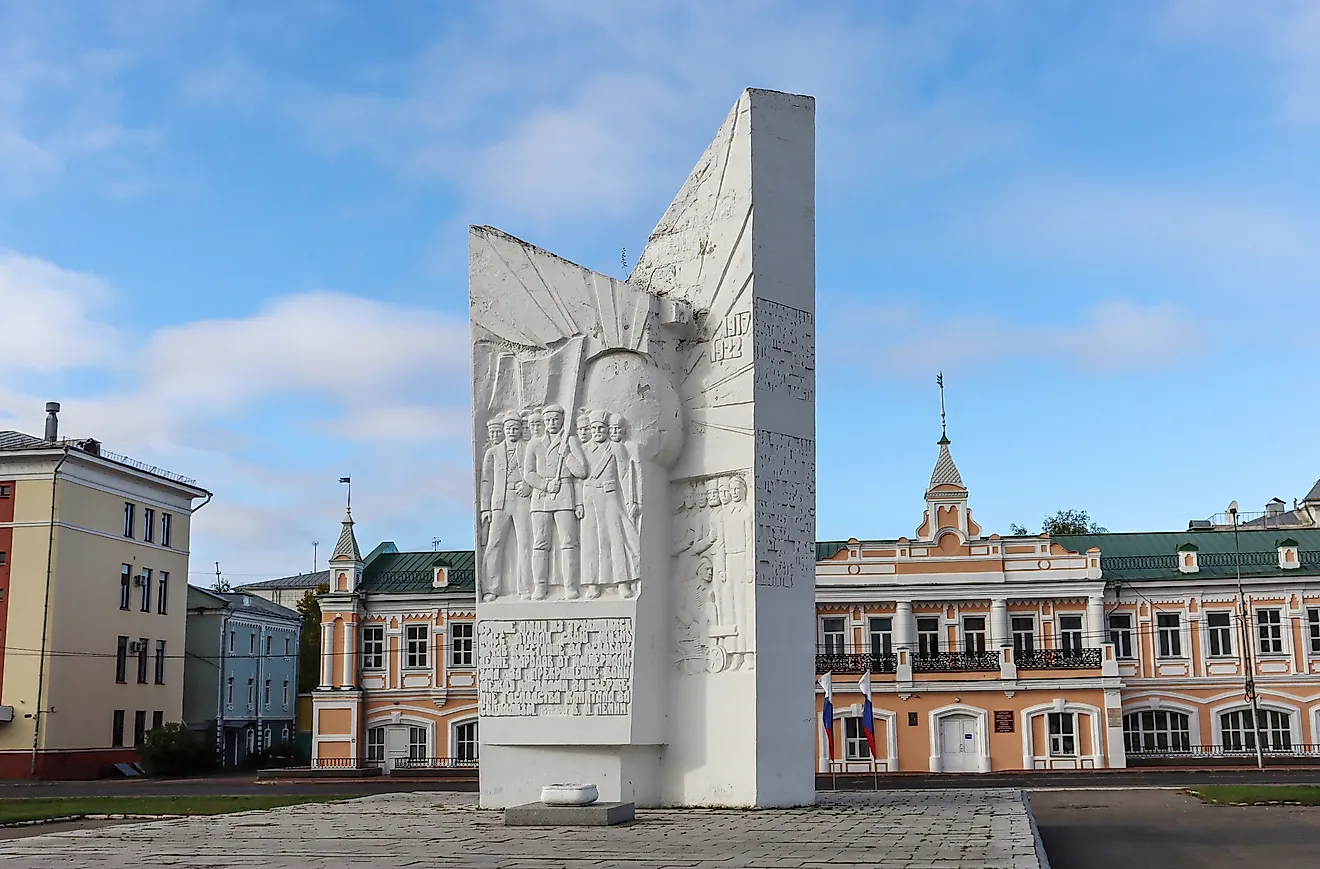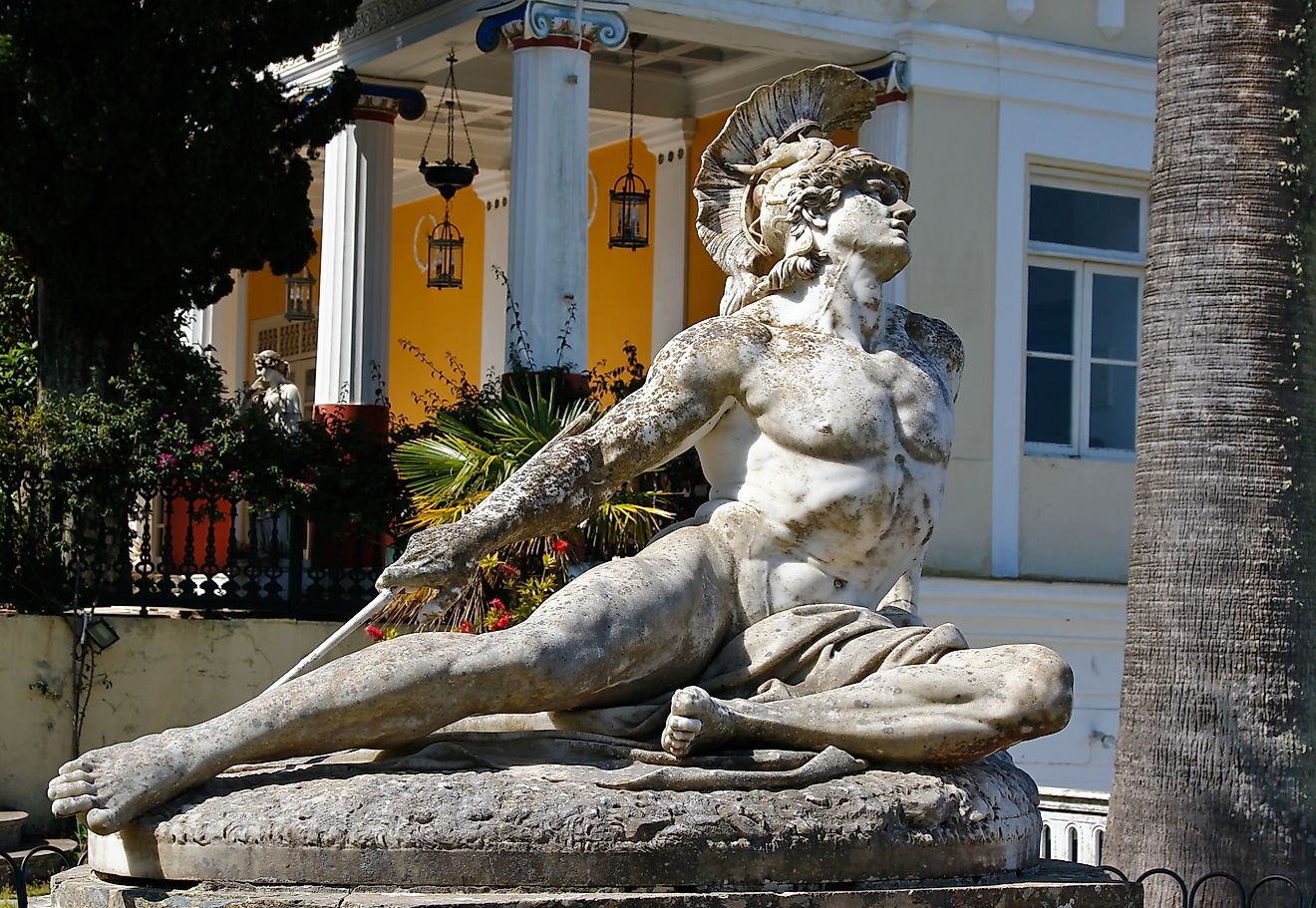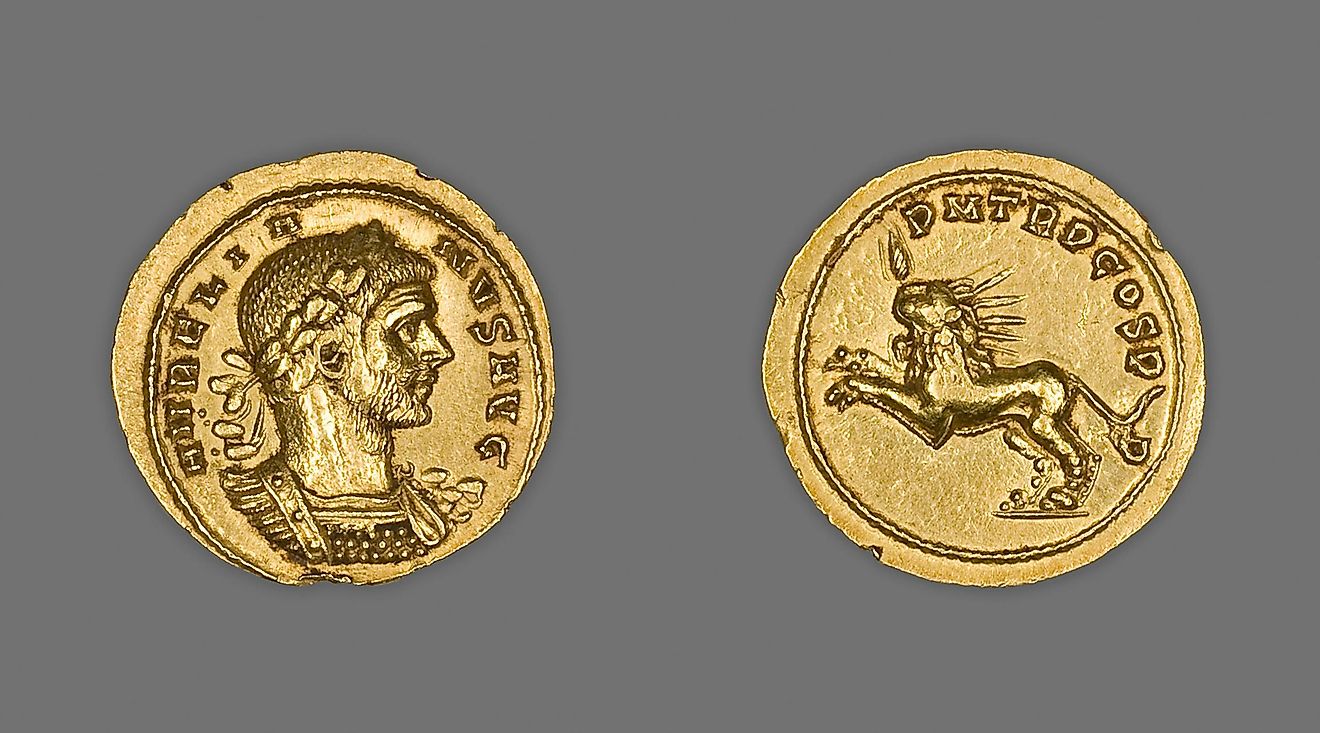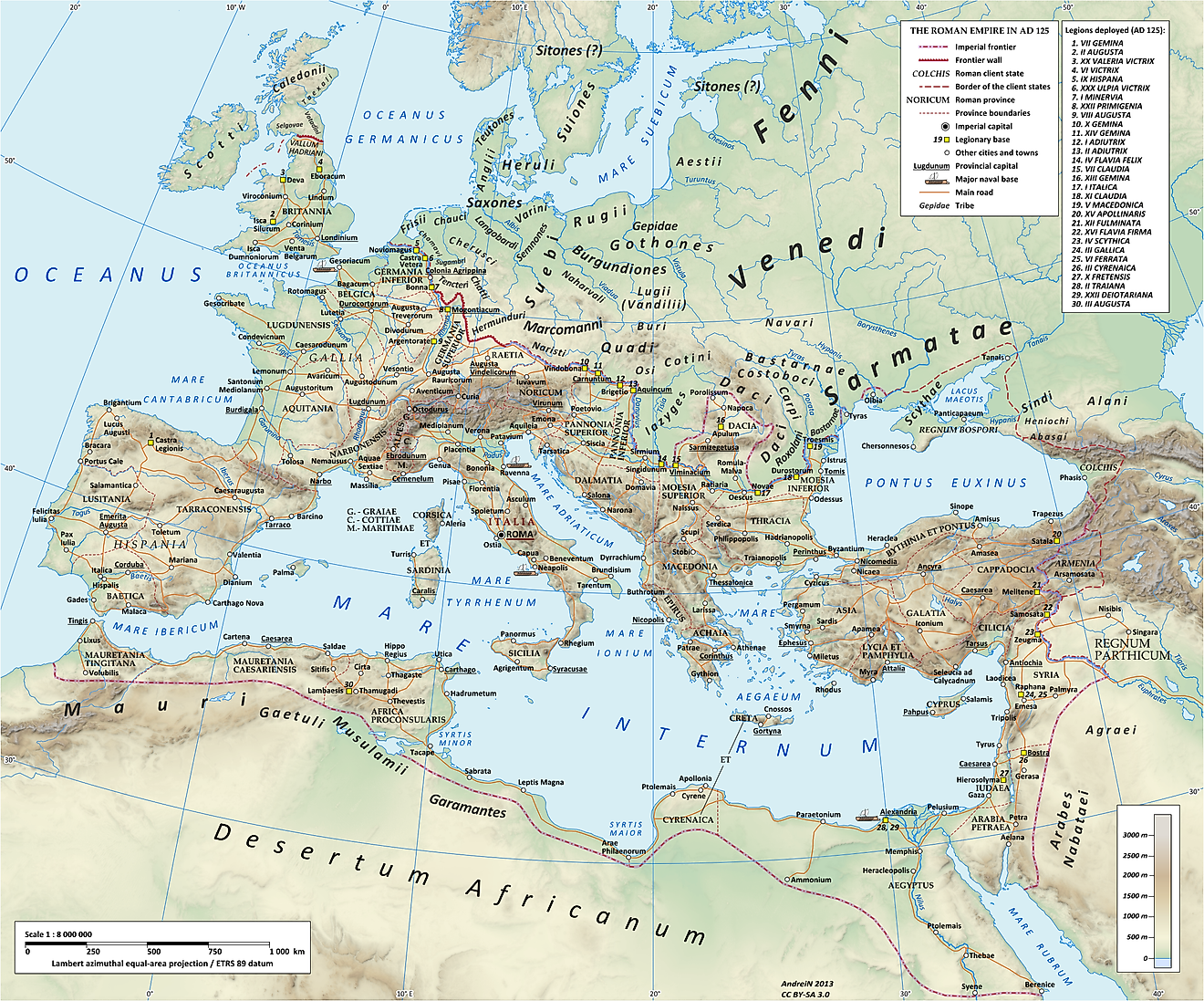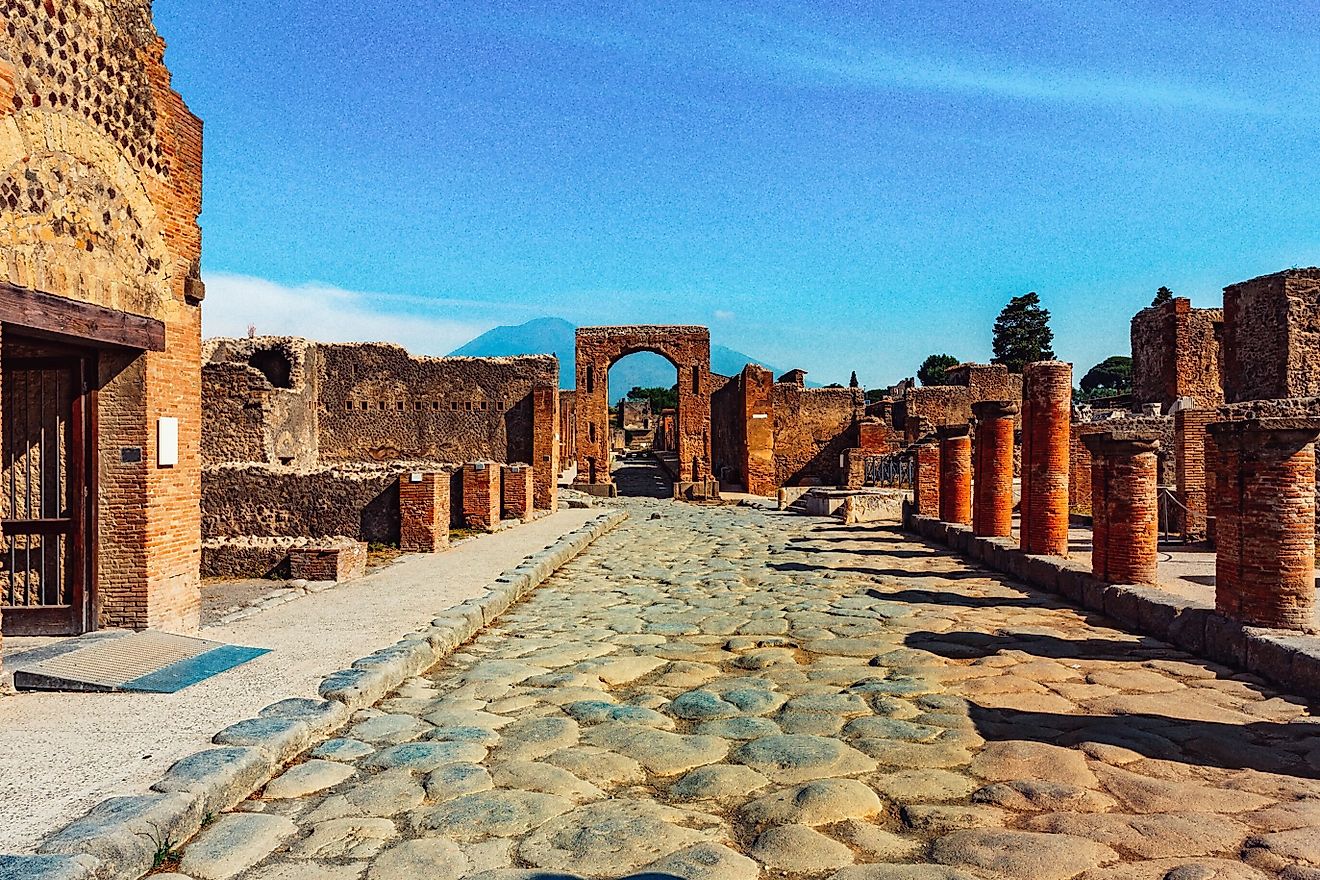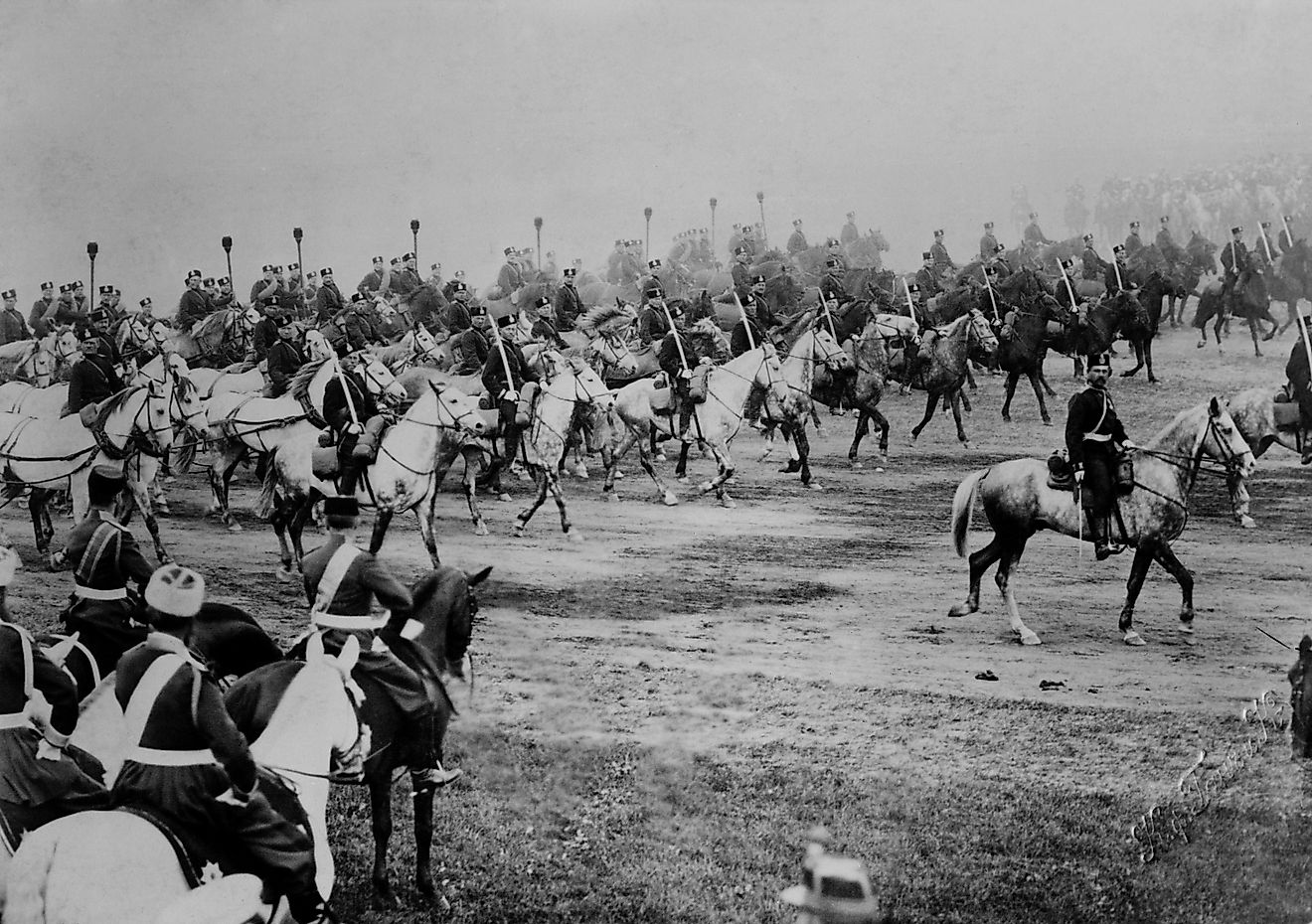
6 Interesting Facts About Ancient Egypt
Ancient Egypt has long been the subject of fascination and mystery. And for good reason. Egypt is one of the oldest and longest-lasting civilizations to ever exist. Starting in the early Bronze Age and lasting until the birth of the Roman Empire, Ancient Egypt survived a staggering 30 centuries. So it should be no surprise that Egypt is filled to the brim with countless amazing facts and historical events.
1. Cleopatra Was Not Egyptian
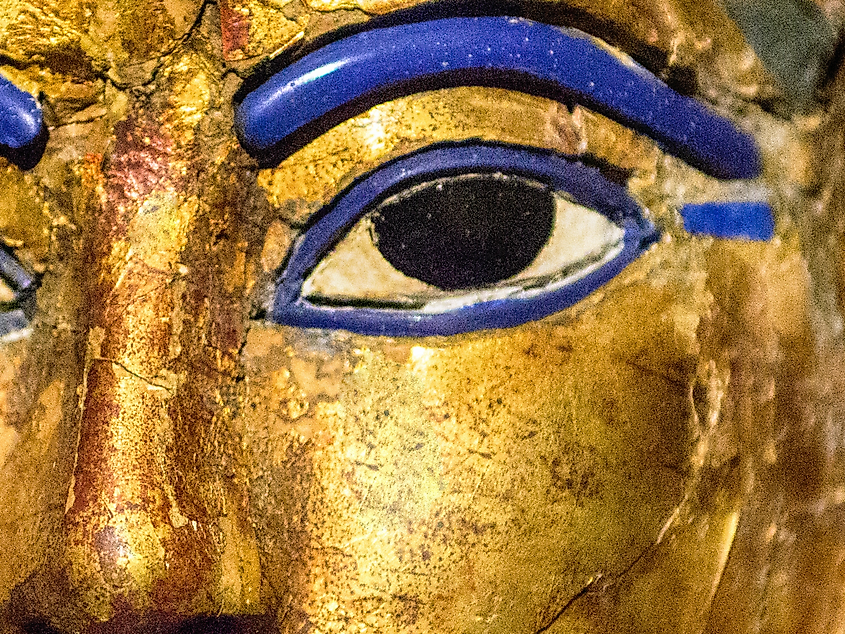
Egypt had plenty of great and famous leaders in its time, but none would reach the same level of recognition as Cleopatra. The last leader of an independent Egypt before the impending Roman takeover, it might shock many people to learn she was not even Egyptian.
She was Greek.
In centuries prior, the renowned Greek general Alexander the Great swooped into Egypt and claimed it for himself. His hold on the Nile did not last long though. Alexander would die only a few years later and his vast empire would be divided among his squabbling and petty generals.
The general that inherited Egypt was Ptolemy I and that is who Cleopatra directly descended from. In fact, the Ptolemaic bloodline was kept "pure" thanks to aggressive inbreeding. So her Greek lineage is unquestionable.
2. The Pyramids Were Built By Skilled Workers, Not Slaves

The first written record claiming that the mighty Pyramids of Giza were built using slave labor dates all the way back to the Greek historian Herodotus. This inaccuracy has ever since been propagated throughout historical and academic circles. However, relatively recent discoveries have found remains of what appears to be a dedicated workforce along with make-shift homes and shelter.
The assumption that the Pyramids were built by slaves is not totally unreasonable. Ancient Egypt, just like every other civilization at the time had a huge number of its population that belonged to a slave class. These slaves would mostly be tasked with agricultural or domestic work, but it was not uncommon for them to have a hand in the construction of buildings or monuments.
While not slaves, the lives of the workers who did actually complete the Pyramids would have been horrendous. Working in three-month shifts, the workers would rotate in and out of the grueling task. And due to the long time spent at the work site, it is also believed that some of the laborers brought their families to live with them while they worked.
3. There Are More Than A Hundred Pyramids In Egypt

The Pyramids of Giza are most likely the first thing that comes to mind when thinking about Ancient Egypt. However, there are many more pyramids than just the big three. In fact, there are as many as 118 pyramids dating back to the days of old all across the country.
The Pyramids of Giza were not the first, or even the last pyramids to be built. Only the biggest and most impressive. Many lesser-known Pharaohs had their own pyramids commissioned for themselves for when they died. There is no clear date of when the first pyramid was built but it is largely believed that it could have been constructed for King Djoser. The first ruler of a unified Egypt.
It is also fascinating to note how many pyramids went unfinished due to a lack of funding, labor shortage, wars, famine, or natural disasters.
4. Cats Where Thought To Be Sacred Animals

The old saying "a dog is a man's best friend," applied to cats in Ancient Egypt. Not only were cats kept as house pets and companions but they were treated as sacred animals. Many Egyptians thought that those who housed and looked after cats would gain the good favor of the gods and be granted good luck.
When cats died their owners would show their mourning by shaving off their eyebrows. Anyone causing harm or caught killing a cat would be met with capital punishment.
Rich households would go as far as decorating their cats in gold jewelry and other ostentatious outfits. Numerous cats have been found mummified along the side of their owners in massive tombs. This was done so the owners could be reunited with their feline friends in the afterlife.
5. Egypt Rose And Fell Many Times In Its History

Ancient Egypt is one of the longest-lasting civilizations to ever exist. But that does not mean they had an easy time holding everything together. Egypt fought countless wars and lost many of them.
There are hundreds of years of Ancient Egyptian history that are marked with conquest, foreign rulers, and dynasties. The Hyksos, Sea Peoples, Nubians, and Greeks all had their turn conquering and then losing control of the Nile River Delta.
It just goes to show how robust and resilient Egyptian culture and the Egyptian people were in order to bounce back from such calamity.
6. Ancient Egyptians Loved Board Games

Of the many personal belongings that archeologists and Egyptologists have found in the burial chambers of rich and wealthy Egyptians, board games might be one the most bizarre and comical.
It turns out that just like us, the Egyptians liked to pass time with friends and family by playing board games. Games like “Mehen” and “Senet ” were all very popular. The exact rules are still not entirely known but it is clear they were played using player pieces and dice.
Even the famous Pharaoh Tutankhamun was buried with a few of his favorite games.
Summary
The society that the Ancient Egyptians built for themselves might as well have been in an alien world or in the pages of a fantasy novel. But aside from the glaring differences between their civilization and our own is a glimpse of similarity. Even through thousands of years of separation. At the core of it all, the human experience never changes.


